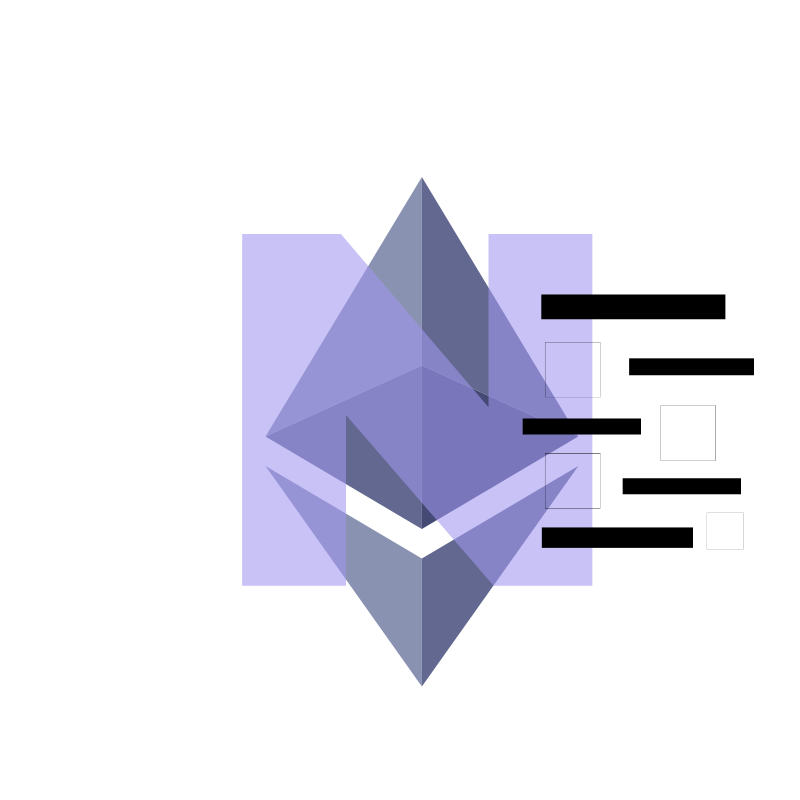

Ethereum's Role in the Metaverse Expansion
Nov 29, 2024
2 min read
The expansion of the metaverse has become a hot topic in the tech and finance sectors, with Ethereum emerging as a pivotal player in this digital landscape. As virtual worlds gain traction, Ethereum's blockchain technology is facilitating the creation of decentralized applications (dApps) and non-fungible tokens (NFTs), which are essential for the metaverse's growth. This article explores how Ethereum is shaping the future of the metaverse and the opportunities it presents for investors and developers alike.
Key Takeaways
Ethereum is a leading blockchain platform for metaverse development.
The rise of NFTs is transforming digital ownership and commerce.
Decentralized applications are enhancing user experiences in virtual environments.
Investors are increasingly looking at the metaverse as a viable market.
Ethereum's Blockchain Technology
Ethereum's blockchain technology is at the forefront of the metaverse expansion. Its smart contracts enable developers to create complex applications that can operate autonomously. This capability is crucial for building immersive experiences in virtual worlds.
Smart Contracts: These self-executing contracts with the terms of the agreement directly written into code allow for trustless transactions.
Decentralization: Ethereum's decentralized nature ensures that no single entity controls the network, promoting fairness and transparency.
Interoperability: Ethereum supports various tokens and assets, making it easier for different platforms within the metaverse to interact with one another.
The Rise of NFTs
Non-fungible tokens (NFTs) have revolutionized the concept of ownership in the digital realm. By allowing users to buy, sell, and trade unique digital assets, NFTs are becoming a cornerstone of the metaverse economy.
Digital Art: Artists can tokenize their work, ensuring authenticity and ownership.
Virtual Real Estate: Users can purchase land in virtual worlds, creating new opportunities for investment and development.
Gaming: NFTs are being integrated into games, allowing players to own in-game assets that can be traded or sold.
Investment Opportunities
As the metaverse continues to grow, investors are taking notice. The potential for high returns in this emerging market is attracting both individual and institutional investors.
Venture Capital: Many venture capital firms are investing heavily in metaverse-related projects, signaling confidence in the sector's future.
Tokenized Assets: Investors can buy tokens representing shares in virtual real estate or digital art, diversifying their portfolios.
Crowdfunding: New projects are often funded through Initial Coin Offerings (ICOs) or token sales, providing early investors with significant upside potential.
Challenges Ahead
Despite the promising outlook, the metaverse faces several challenges that could impact its growth.
Regulatory Concerns: Governments are still figuring out how to regulate cryptocurrencies and digital assets, which could affect market stability.
Scalability Issues: As more users join the metaverse, Ethereum's network congestion could lead to higher transaction fees and slower processing times.
User Adoption: For the metaverse to thrive, it needs a critical mass of users willing to engage with these new technologies.
Conclusion
Ethereum's role in the metaverse expansion is undeniable. As the technology continues to evolve, it will likely unlock new opportunities for innovation and investment. Stakeholders in the tech and finance sectors must stay informed about these developments to navigate the rapidly changing landscape of the metaverse.
Sources
Real-world Money Finds Unreal Opportunity in the Metaverse | Video, CoinDesk.